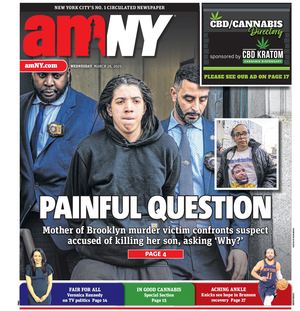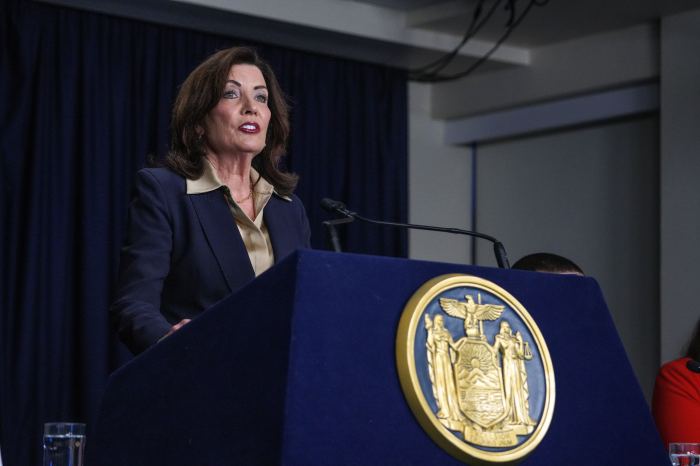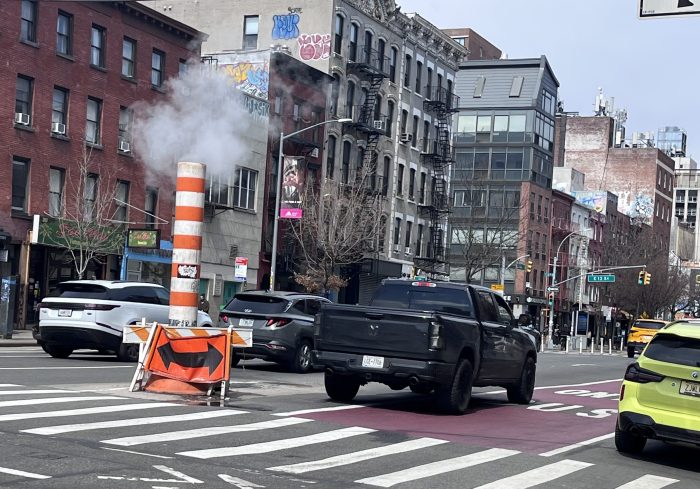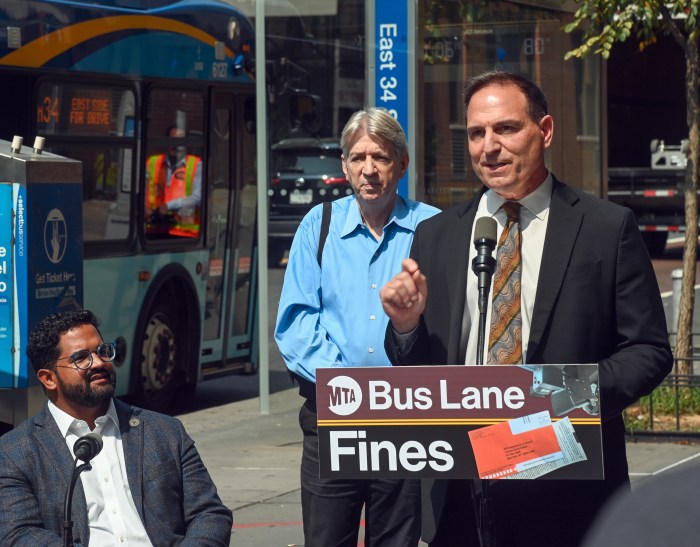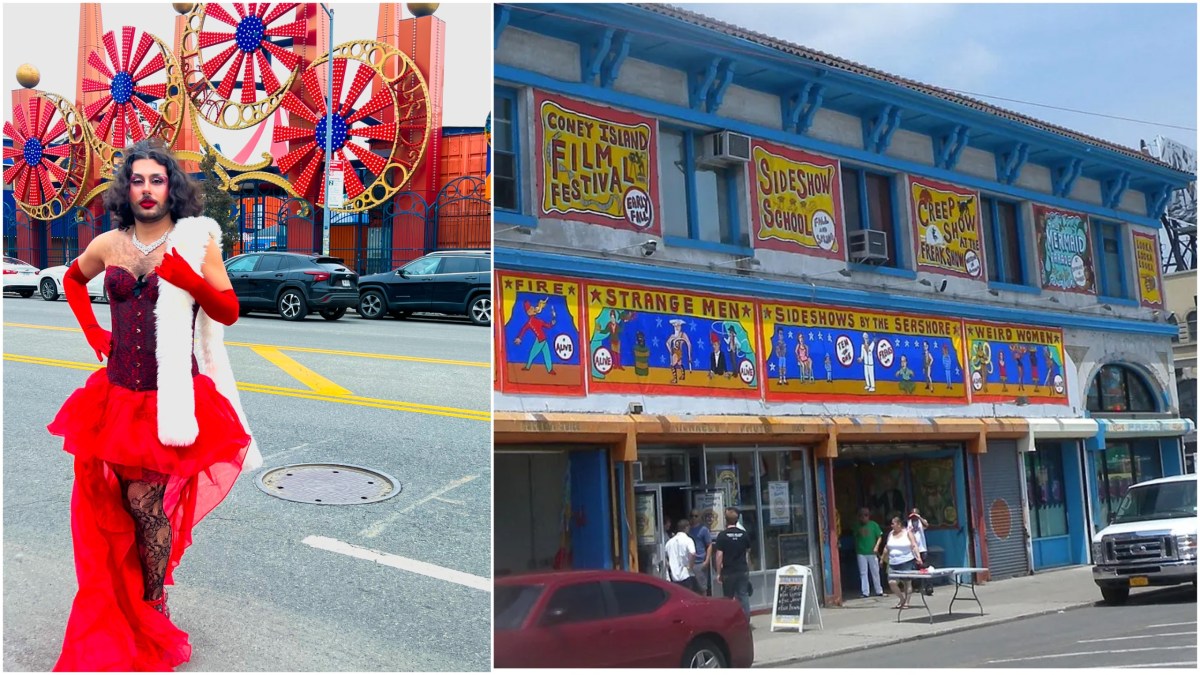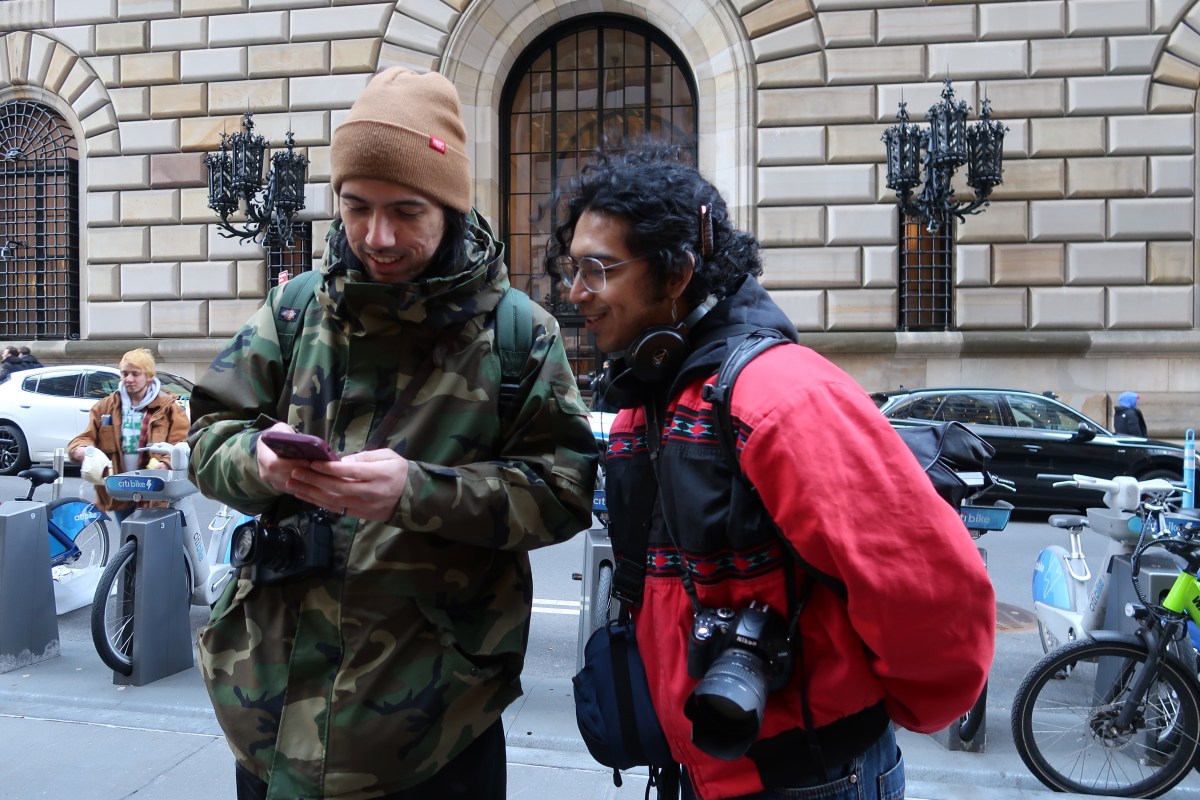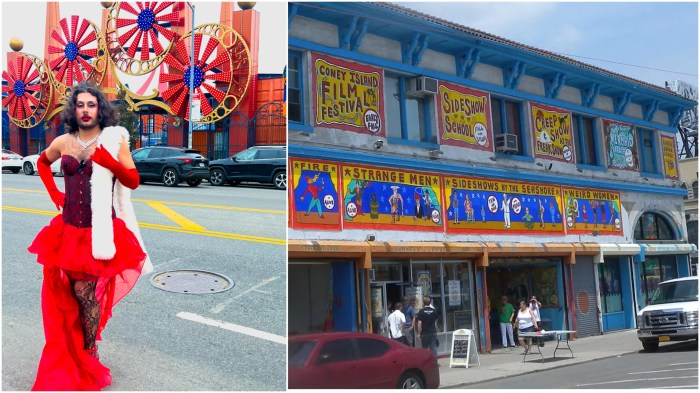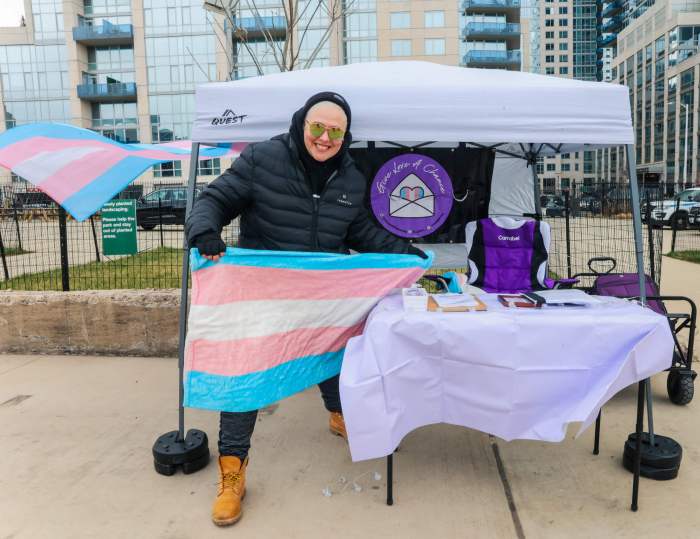Kenneth Podziba lost his love — a blue Peugeot road bike — when he moved to New York City in 1988.
Podziba, now the president and CEO of Bike New York, is in some ways still reeling from the loss.
“It was my favorite thing in the world. I locked it up — I thought I had a great lock, but it was clipped and the bike was stolen. I wish I still had it today,” said Podziba, who has since resigned to riding “beater” bikes around town. “I’m not going to get a bike I love because I’m not going to get hurt again.”
Podziba figures every city cyclist has had bikes or parts stolen in New York, though an exact number is unclear. The police department doesn’t specifically track bicycle theft and many are likely unreported.
But the city wants to cut back on such heartbreak with a new bicycle parking pilot it will launch next spring. The Department of Transportation will install three, staffed bicycle valet parking structures near transit hubs to allow for commuters to pay a “nominal fee” for secure, on-the-street parking. The agency has issued a Request for Proposals seeking vendors through Jan. 16.
“In DOT’s Strategic Plan 2016, released in September of 2016, the agency committed to expanding cycling,” said a DOT spokesman in a statement. “One hurdle that prevents some people from regularly cycling is the lack of secure bike parking at their destination. DOT committed in the plan to a new initiative to launch secure bike parking near transit and major destinations to overcome this barrier.”
The city will try out the idea with three shed-like structures that can hold up to 29 bikes at University Place adjacent to Union Square, Broadway at 42nd Street and the Myrtle-Wyckoff Plaza in Ridgewood. Commuters would only be able to access the sheds during operating hours, and the DOT is requiring the valets to, at minimum, be open between 7 a.m. and 7 p.m. on weekdays.
Podziba and advocates praised the idea as a way to further legitimize and accommodate bicycle commuting and a sort of natural progression in bike infrastructure in the city. About 19,200 bike racks have been installed over the years, including bike corrals and racks with sheltered covers. But cyclists want more.
Through more recent laws, the city has required large parking garages and businesses with freight elevators to accommodate cyclists looking for storage or to take their bike into the office.
“Every bike commute ends and begins with parking, and having a secure spot to park your bike is one of the determining factors for a New Yorker deciding whether they are going to do a bike commute versus something else,” said Caroline Samponaro, deputy director at Transportation Alternatives, which has called for more curbside bike corrals to improve parking while also calming traffic. “The mayor has a goal to double daily biking by 2020 and these are the types of programs that are important in achieving that goal.”
Similar bike parking structures have popped up in other cities. Commuters in Washington, D.C., can pay about $12 a month for access to Bikestation, a glassy bike parking garage near Union Station. The garage can accommodate more than 100 bikes. It’s open 24/7 and features a changing room, lockers as well as full repair services.
“It’s absolutely a success, people are taking advantage of it. It’s almost completely full,” said Jeff Connelly, an assistant service manager at Bike and Roll DC, which staffs Bikestation. “I can see them having to open up a second location.”
One of the new structures, at University Place, will play a small role in L train shutdown planning. Daily cycling is expected to increase “dramatically,” when the Canarsie tunnel closes in 2019, according to the DOT. The agency anticipates the number of daily cyclists using the Williamsburg Bridge will double to 14,000 during the subway outage. That structure at University Place will be part of a completely pedestrianized zone of the street that will span from 13th to 14th streets.
Still, it remains to be seen exactly how many people would be willing to pay for the less-frills bike parking the city is pursuing, particularly if the structures aren’t open 24 hours. Cyclists rolling around the holiday market at Union Square were interested in the idea until they realized cash was involved.
“I just don’t have the kind of income to pay for parking,” said Paul Collins, 61, a musician from the West Village, who’d rather continue parking his older Dutch bike on the street. “I have a thick chain lock and it works perfectly fine.”
Rob Edelman, a chef from the Upper West Side, agreed that the city needs more bike parking racks — but not necessarily parking sheds. He’d rather stick to riding his beater bike around, taking extra precautions to lock up its wheels.
“I’m totally comfortable using existing racks or a sign post,” Edelman, 48, said, looking down at the frame of the nicked and rusty bike he bought in 1993. “And yeah, the appearance sort of helps keep people away.”
